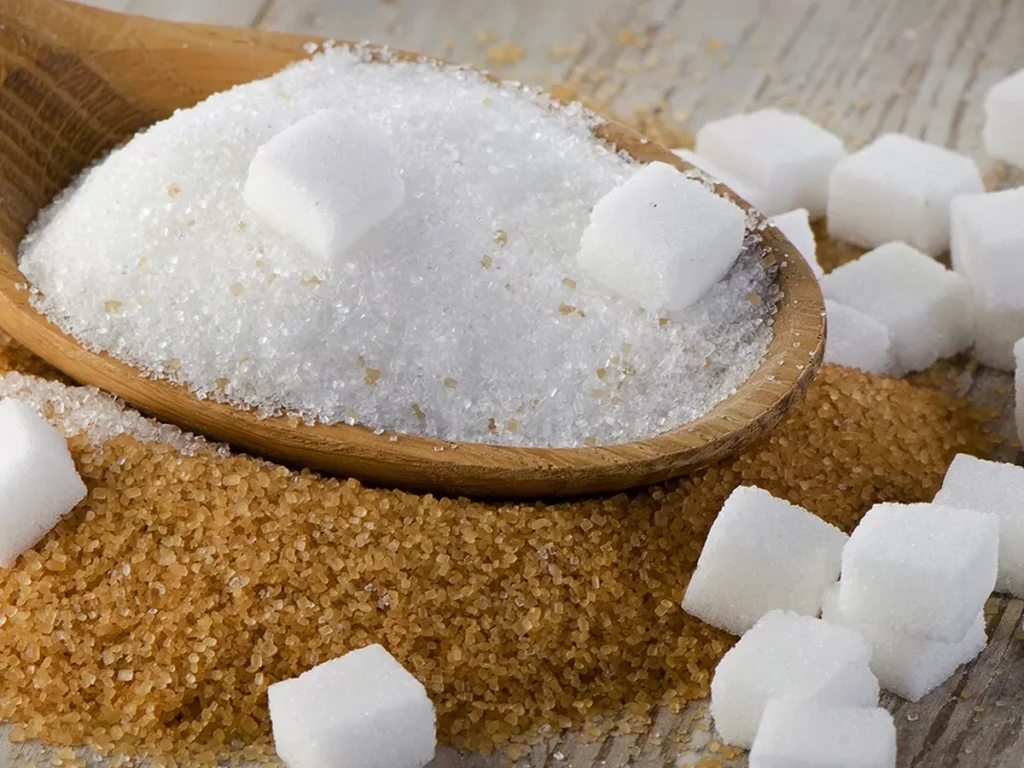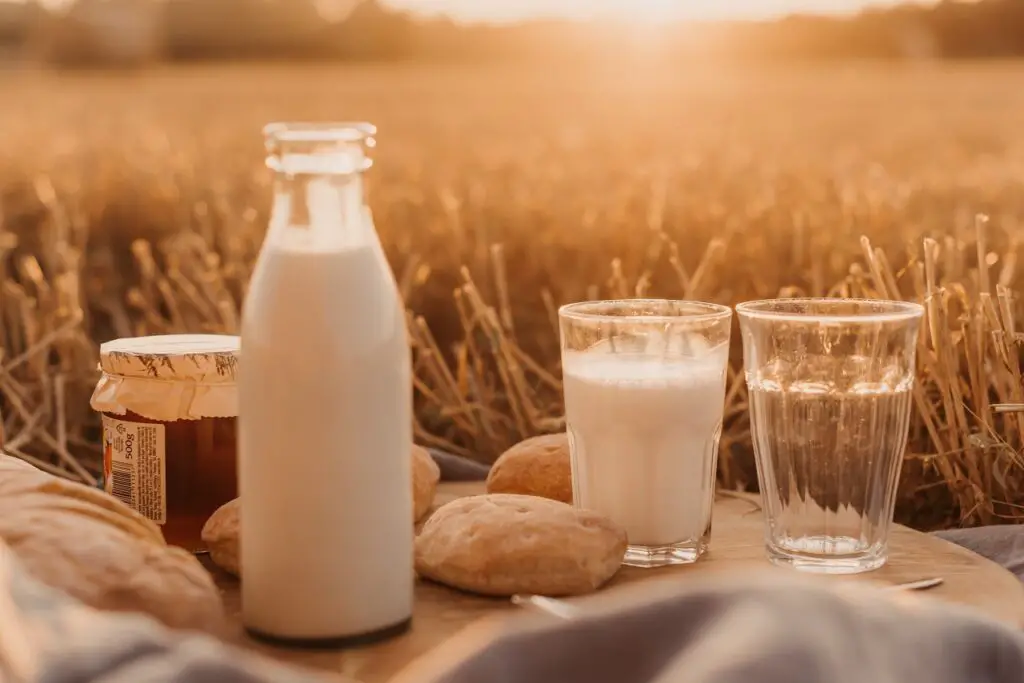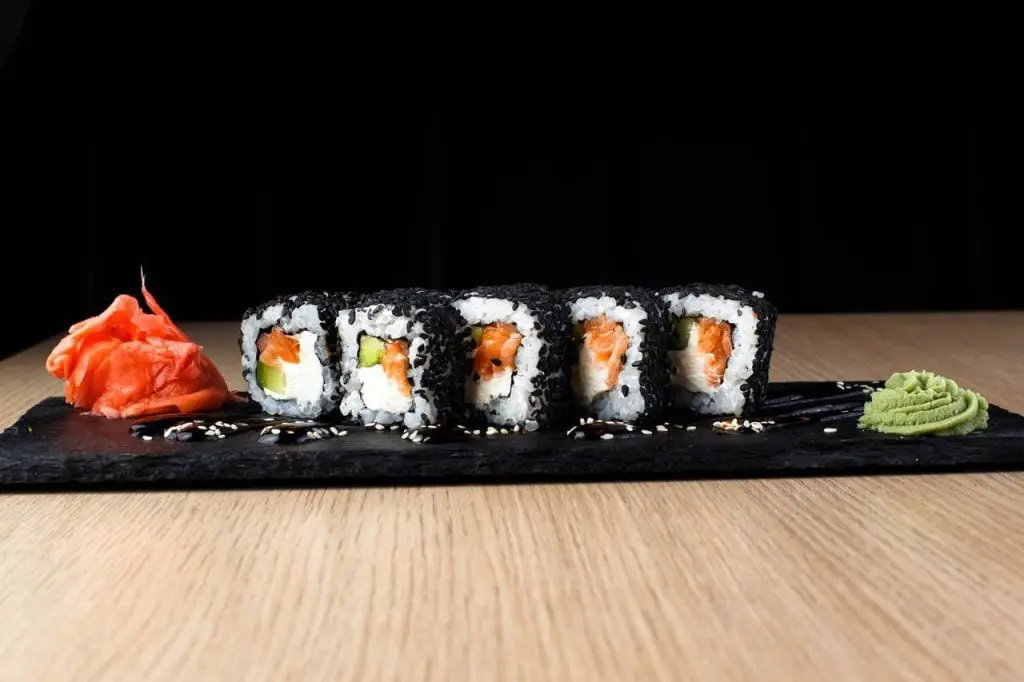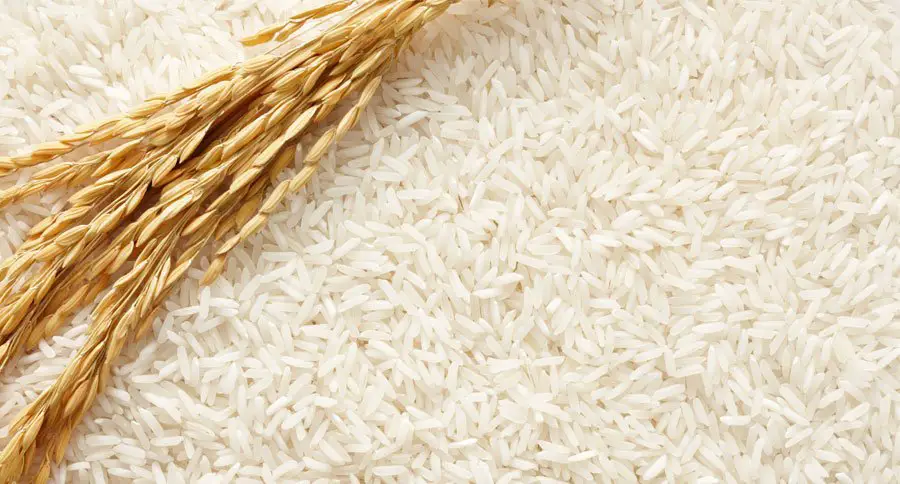Sugar is one of the oldest food products on earth. The exact origin of sugar cane is unknown, but some scientists believe that wild sugarcane plants grew in India as far back as 10 million years ago. By about 7000 bc (before the common era), people had learned how to cultivate sugarcane and extract its sweet juices.
Sugar is an ancient food.
Sugar is an ancient food. They first made it from sugarcane, grown in New Guinea. This tropical plant spread to India and China, becoming valuable to their cuisines by the fifth century CE. The Arabs brought sugarcane to the Middle East around 700 CE and began cultivating it themselves; they also developed a method for extracting juice from plants that could be into granules known as “rock candy.” Europeans began producing cane in Sicily around 1100 CE. However, they initially needed help growing it there due to poor soil conditions. Still, they eventually raised significant amounts of sugarcane on their island thanks to irrigation systems that developed during this period (Sicily remains one of Italy’s primary producers today).
Around the same time, sugarcane became popular in Japan as a sweet tea flavouring. In 1475 CE, Portuguese explorer Pedro Álvares Cabral brought sugarcane to Brazil; by 1540 CE, Brazil had become one of Europe’s leading sources of sugar production due to its ideal climate and rich soil.
It’s also been a controversial one.
Sugar has been a controversial food for a long time, used as a medicine, spice and sweetener. But it’s also been blamed for many health problems, including obesity and diabetes. The debate about sugar continues today–and it looks like it will continue for some time to come!
It’s important to understand that there are many different types of sugars. Therefore, knowing what they are, where they originate, and how they function in the body can be helpful.
As more sweeteners have become available, people have debated whether sugar is good or bad for us.
Sugar has been controversial for centuries, used in cooking, medicine and cosmetics. Sugar also has energy for people who have eaten it during a famine.
The history of sugar includes many different uses: as a preservative; as an additive to food; as an ingredient in medicines; as an energy source (sugars are carbohydrates).
It also has a sweetener. The history of sugar goes back to ancient times.
Recently, sugar has had many ups and downs in people’s opinions.
Recently, sugar has had many ups and downs in people’s opinions. In the 19th century, it was a portion of healthy food. A few decades later, it was considered unhealthy and addictive. Today, sugar is still controversial but more popular than ever, yet some still claim it will kill us all!
The truth is that sugar can be part of a healthy diet if you eat it in moderation and avoid refined sugars whenever possible. Try natural alternatives such as honey or maple syrup to reduce or eradicate added sugars from your diet.
What distinguishes refined and natural sugars? Refined sugars contain no nutrition and more calories than natural sugars. From the ancient world through medieval times and into the modern day, sugar has been a controversial food. It’s still unclear whether it’s good or bad for us, and this debate will continue for many years.



